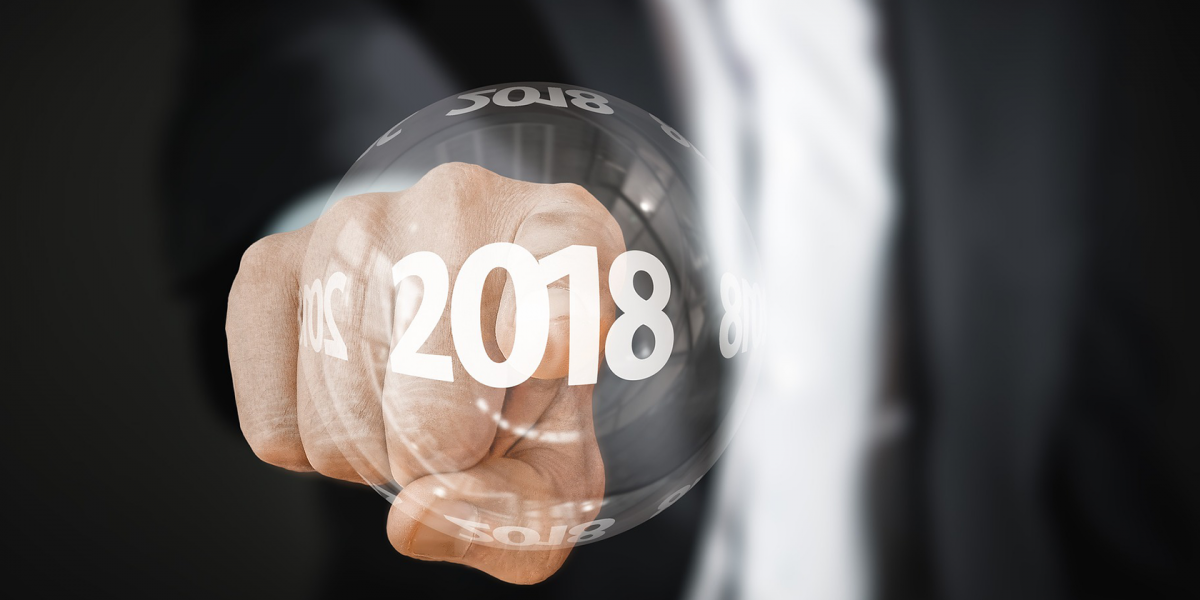As you may already know, depositions are intended as tools of discovery. The purpose of a deposition is to find out what the witness knows and to preserve the testimony for a later date. A deposition is recorded word-for-word by a court reporter, who produces a transcript that is admissible in court. Typically, the questions in a deposition are more broadly reaching than those that would be asked at trial. In the legal world, live witness testimony at trial is always more desirable than the testimony acquired at a deposition. Most trials demand testimony in open court, other than those which meet the following criteria:
1. If the testimony is being used against a party who was present at the deposition
2. If it is admissible under the Rules of Evidence as defined by Rule 32(a)(1) through (a)(4)
Once we understand the basics of depositions, we’ll have the foundation necessary to understand recent changes in the field. Before the latest technological advances, depositions were recorded exclusively by court reporters using stenographs. In modern days, we’ve seen an extreme shift towards both virtual depositions and legal videography.
Virtual and telephonic depositions allow for more flexibility and reduced travel costs, especially in cases that require involvement from multiple office locations. Telephonic depositions occur via an exclusively audio connection. By stationing a court reporter with the witness, a deposition may be conducted and recorded, even if the council is not physically present. By contrast, true virtual depositions involve both audio and visual recording. Using secured, state-of-the-art software, full-service companies like First Legal provide law firms with the tools they need to conduct a virtual deposition that will be admissible at trial.
Legal videography is another important advancement we’ve seen in recent years. Certified legal videographers are trained to provide sharp, top-quality audio and video. A legal videographer can also work with your court reporter to establish real-time transcript synchronized feeds. The old adage “a picture is worth a thousand words” remains ever true in the realm of law. Legal video can have an immense impact on case outcomes, bringing to life the words that would otherwise have been read from the transcript.
As technology improves, law firms must adapt to take advantage of tools that could prove useful to their case. Depositions are an often-overlooked stage of litigation and could benefit from modern advancements. The next time you’re scheduling a deposition, ask yourself whether legal videography or virtual depositions are right for you! For more information about depositions, contact First Legal Depositions services at (800) 889-0111.






